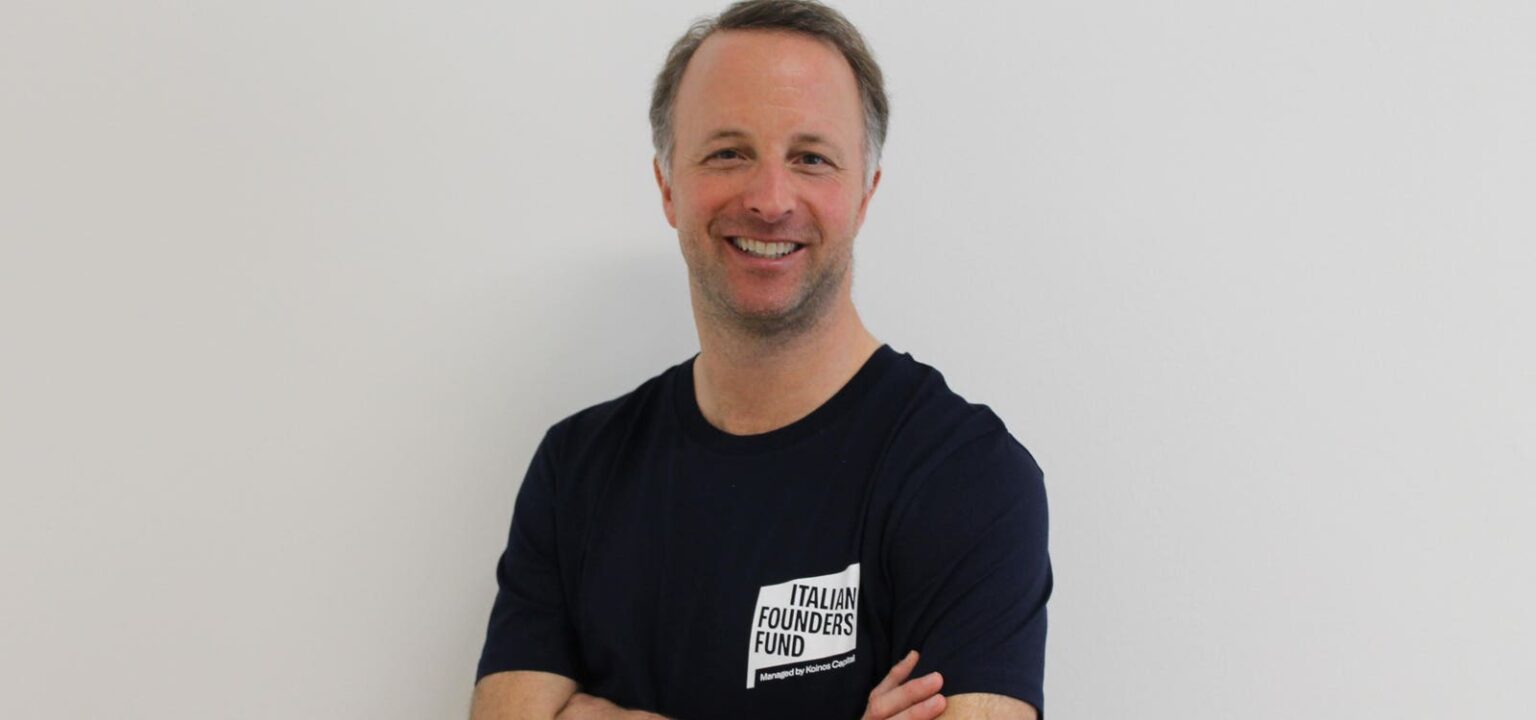Is Italy finally on the verge of embracing its entrepreneurs? The world’s tenth largest economy has a poor record on encouraging start-ups – it has yet to climb into even the top 20 of European countries ranked by capital invested in start-ups. Indeed, its leading founders have often felt obliged to relocate; the US is home to eight $1 billion technology companies founded by Italians while the UK has another three. Italy itself boasts just two such unicorns.
However, Lorenzo Franci, founding partner of Italian Founders Fund (IFF), believes better times are now ahead. The IFF is part of that change, he explains – today, it will announce it has raised more than €50 million from more than 100 business founders, entrepreneurs and wealthy individuals who now want to invest in the next generation. “A new chapter has begun for the Italian venture capital ecosystem,” Franci rather boldly claims.
A new story is certainly needed. Italian start-ups raised just €1.2 billion last year according to data from P101 Ventures and Dealroom – that was a worrying 53% down on 2022. Italy’s venture capital (VC) ecosystem has made good progress over recent years, noted Andrea di Camillo, managing partner of P101, but still lags that of other European nations. “We need to address the gap with leading European nations and prepare for challenges as the sector evolves towards maturity.”
Still, there are some reasons to be hopeful. Those two Italian-headquartered unicorns – fintechs Scalapay and Satispay – made the breakthrough to $1 billion valuations last year, prompting interest from global investors. Their backers include Tencent, Tiger Global and Greyhound Capital, high-profile names that will persuade others to take a look at Italian opportunities.
Founders also report increased interest from the business angel community, including from Italian entrepreneurs who have build businesses overseas but since returned home. Private wealth is beginning to mobilise too – Exor Ventures, the venture capital arm of the billionaire Agnelli family launched its seed investment vehicle in 2022. Italy’s world-class academic institutions provide further grounds for optimism, with a growing number of spin-out businesses now catching the eye.
“What we need now is a more structured and mechanised approach,” says Franci. That’s were he thinks IFF can make a difference. The fund brings a point of focus for its investors, rather than relying on individuals to find and support Italian start-ups by themselves. It provides a process through which investors can offer both financial backing and support such as advice, mentoring and access to networks. It can also serve as a bridge to foreign capital with IFF actively looking for international investors eager to co-invest in Italy with a local partner.
“Thanks to the background and network of our founder investors, we can enable promising projects to emerge and grow, transforming untapped potential into companies capable of generating value, change and jobs,” says Franci. “In other countries, the presence of VC funds fuelled by private capital and the experience of successful founders is a clear indication of a maturing and growing ecosystem.”
Having completed its raise – with the funds sourced entirely from private capital – IFF expects to invest in around 25 companies over the next four years or so and has already placed its first two bets.
The fund’s very first investment was in Jet HR, a technology business targeting the human resources sector, and hotly tipped as one of Italy’s best prospects for unicorn status. The second stake announced is in Glaut, a technology business that uses artificial intelligence in the market research industry. IFF is in already in advanced talks with at least three more potential portfolio companies, Franci adds.
Marco Ogliengo, founder and CEO at Jet HR, believes IFF’s approach can provide Italy’s entrepreneurs with the boost they need. “So many VCs claim there is more value than just the money but, too often, founders are left shortchanged,” he says. “IFF is unique as its backed by basically every successful Italian founder, and the partners are founders themselves; it’s a very powerful network.”
Marco Morgese, CEO of the management company KOINOS Capital, which houses IFF, says the fund can replicate the successful model seen in other countries but missing so far in Italy.
“This type of founder-led fund is already prevalent in markets where innovation is at the forefront of industrial development policies,” Morgese says. “We see them in the US with Founders Fund, which has been around for almost 20 years, as well as in Europe, with 10x founders in Germany, Galion.exe in France, ByFounders in Scandinavia and the Dutch Founders Fund in the Netherlands.”
Read the full article here














